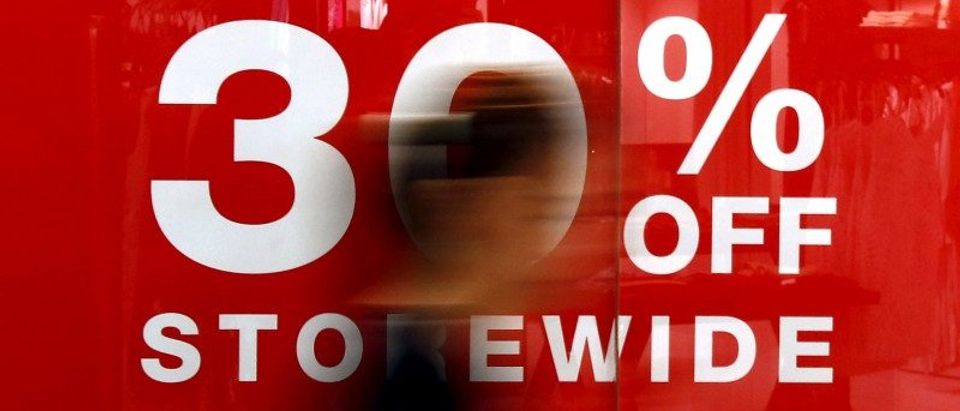America’s brick and mortar retailers want to have their cake and eat it, too.
Lobbyists and special interest outfits representing retailers are heavily funding a lobbying effort to slap new state and federal sales taxes on online retailers. At the same time, retailers are begging Congress to shoot down any tax reform efforts that could increase their costs.
Even if the trade groups representing retailers aren’t troubled by the hypocrisy of sidestepping new taxes for themselves, while demanding lawmakers flood online entrepreneurs with additional costs, Americans should be.
Brick and mortar retailers have been behind a number of federal and state proposals with titles such as the “Main Street Fairness Act” and the “Marketplace Fairness Act.” But there’s never anything fair about these schemes.
All of these proposals want the same thing: for online merchants to collect sales taxes for governments based in other states.
But this idea doesn’t make much sense considering it amounts to taxation without representation – with a lot of outrageous costs and red tape attached.
Online retailers already pay taxes for sales made in states where they have a physical presence, as well as taxes where they are actually headquartered. And that’s only fair, since a business benefits from schools, roads, public safety and other expenditures of tax dollars in areas where it operates and its employees live.
Brick and mortar retailer lobbying front groups believe these online merchants should have to collect sales taxes on out-of-state customers and send that money to the state and local governments where those customers reside – even if the retailer receives no representation or benefit from those governments.
This idea flies directly in the face of the U.S. Supreme Court’s Quill v. North Dakota decision which ruled that an individual state has no power to directly tax or compel tax collection of citizens of other states. A business must be physically located in a state in order for that state to require it to collect sales taxes on the state’s behalf.
Last month, a South Dakota court shot down the state’s version of the Main Street Fairness Act, which required out-of-state online retailers to collect sales taxes on South Dakota’s behalf if they met a certain sales threshold. The court decided the legislation clearly violated the precedent set by the Quill ruling.
Still, retailers aren’t giving up. Now they want the scheme to pass on a national level, which would force online retailers to collect sales taxes on behalf of states, counties and cities based on the location of the shipping address. That would leave online businesses collecting taxes on behalf of the nearly 9,700 different governments in America, an impossible proposition for small mom and pop online shops.
To make matters worse, online sellers would have to keep track of each state and locality’s definition of what constitutes a taxable good. They would also have to stay up-to-date on thousands of various filing and registration procedures, threshold amounts and sales tax holidays just to remain in compliance. That suffocating deluge of red tape will close businesses, kill jobs and increase the cost of goods to customers.
America’s brick and mortar retailers are understandably concerned about facing competition from online businesses. The solution, however, isn’t to ask government to tilt the playing field in their favor by concocting bogus taxes for their online competitors. Instead, they should work to lower their own costs by encouraging a streamlined tax system and reduced regulatory hurdles.
America is in dire need of tax reform. The income tax scheme is impossibly complex, inefficient and filled with more loopholes than the Fruit Loops factory. At a top marginal tax rate of 38.9 percent, the U.S. has the second highest corporate tax rate in the world – behind only the United Arab Emirates.
This retaliatory tax proposal harms consumers and businesses of all sizes, and simply will not fix these serious issues. In reality, an online sales tax scheme does little more than rewards companies unwilling to innovate and give customers what they want.
Brick and mortar retailers should stop being part of the problem when it comes to tax reform, and start becoming part of the solution.
Drew Johnson is a senior scholar at the Taxpayers Protection Alliance.


